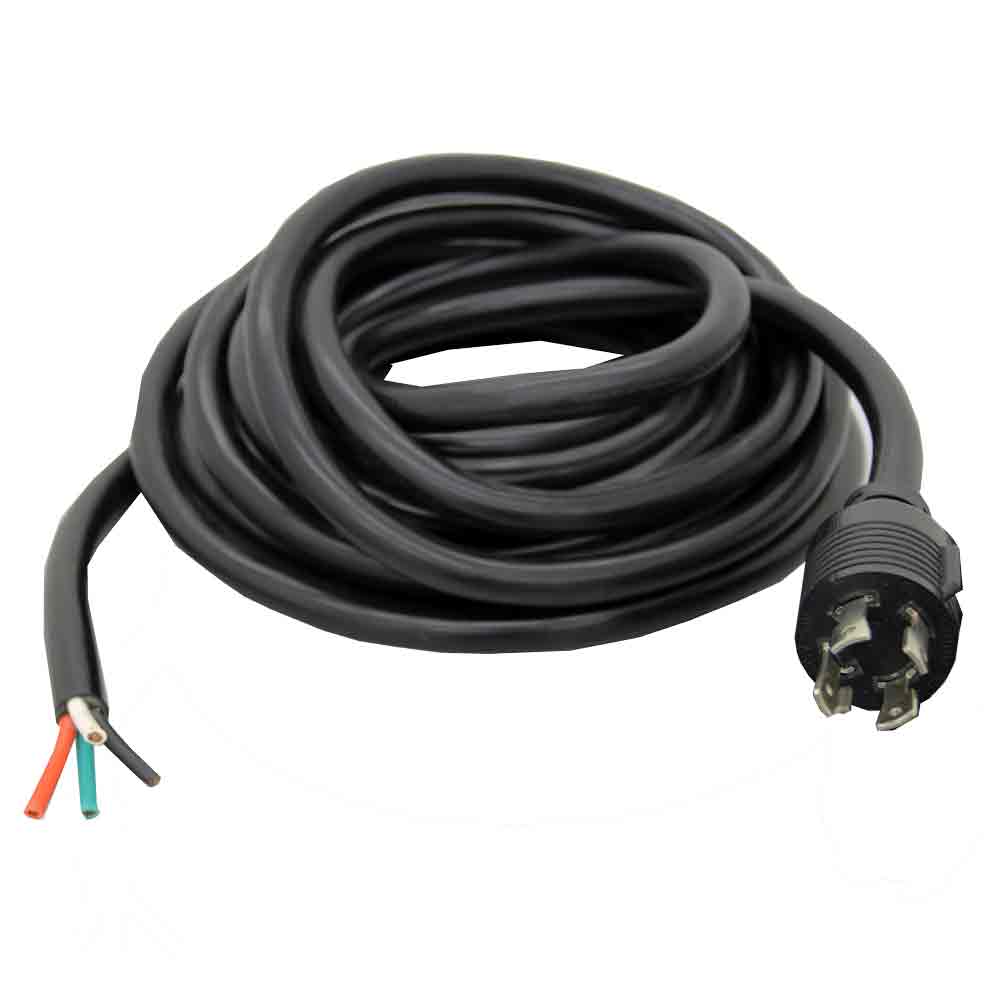Introduction
When it comes to generators, one of the most overlooked yet crucial components is the cable. Whether you use a generator for home backup power, industrial applications, or outdoor activities, choosing the right cable for generator can make a significant difference in safety, efficiency, and longevity. Many users make the mistake of selecting just any cable, unaware that using the wrong type can lead to overheating, power loss, or even catastrophic electrical failures.
A well-chosen generator cable ensures seamless power transfer, protects your appliances, and extends the life of your generator. This guide will provide you with expert insights into selecting the best cables for generators, covering different types, essential specifications, benefits, and practical tips to ensure optimal performance.
What Type of Cable Should Be Used for Generators?
Types of Cables Commonly Used
1. Portable Generator Cables
Portable generators are commonly used for camping, job sites, or as emergency home backups. The cables for these generators need to be highly flexible, durable, and weather-resistant. They often come with heavy-duty insulation to withstand extreme temperatures and outdoor exposure. Additionally, portable generator cables should have built-in strain relief to prevent internal wire breakage during frequent movement.
2. Standby Generator Cables
Standby generators are permanently installed and automatically switch on during a power outage. These generators require thick, high-capacity cables that can handle long-term, continuous use. The cables are typically run through protective conduits underground to prevent damage from environmental factors such as moisture, rodents, and temperature changes.
3. Industrial Generator Cables
Industrial settings demand cables that can withstand heavy loads and harsh conditions. These cables often have higher voltage ratings, multiple layers of insulation, and reinforced shielding to prevent electromagnetic interference. In industries such as construction, mining, and manufacturing, cables must endure vibrations, chemical exposure, and extreme weather.
Factors to Consider When Choosing a Cable
1. Voltage Rating
Matching the cable’s voltage rating to your generator’s output is non-negotiable. An incorrect voltage rating can lead to inefficiencies, power losses, and even dangerous short circuits.
2. Current Rating
Current rating refers to the amount of electrical current the cable can safely carry. A lower-rated cable will overheat under high power loads, potentially causing damage to the generator and connected appliances.
3. Length of the Cable
The longer the cable, the higher the resistance, leading to voltage drops. If you need a long cable, choose a lower gauge (thicker) wire to maintain efficiency and power consistency.
4. Environmental Resistance
For outdoor generators, cables must be weatherproof and resistant to UV exposure, moisture, and extreme temperatures. Look for cables labeled “outdoor-rated” or “weatherproof.”
5. Durability and Flexibility
Cables used in high-movement applications should be flexible to prevent internal damage. Reinforced jackets and strain relief features help extend the lifespan of frequently used cables.
Benefits of Using the Correct Cable for Generators
1. Enhances Safety
Using an undersized or incompatible cable increases the risk of electrical fires, electrocution, and damage to connected devices. The right cable ensures a stable and secure power flow.
2. Boosts Energy Efficiency
Properly rated cables minimize power loss, reducing wasted energy. This ensures that your generator operates at peak efficiency, delivering reliable power without unnecessary strain.
3. Prevents Equipment Damage
Incorrect cables can cause overheating and excessive resistance, which can wear out your generator’s components faster. A well-matched cable protects both your generator and the devices connected to it.
4. Provides Long-Term Cost Savings
Investing in high-quality cables reduces the frequency of replacements, lowers repair costs, and extends the life of your generator and electrical appliances.
Common FAQs About Cables for Generators
1. What Size Cable Do I Need for My Generator?
The correct cable size depends on the generator’s wattage and amperage. Here are some general guidelines:
- Up to 30 amps – Use a 10-gauge cable.
- 40-50 amps – Use an 8-gauge cable.
- 50-60 amps – Use a 6-gauge cable.
- Over 60 amps – Consider 4-gauge or lower, depending on power demands.
Always check your generator’s specifications or consult an electrician to ensure compatibility.
2. Can I Use Any Extension Cord with My Generator?
No, standard household extension cords are not designed to handle generator power loads. You should always use heavy-duty, generator-rated extension cords that match the generator’s voltage and current output.
3. How Do I Protect My Cables from Damage?
To extend your generator cable’s lifespan:
- Avoid running cables through high-traffic areas where they could be tripped over or crushed.
- Use cable ramps or cord protectors for outdoor applications.
- Store cables properly by coiling them loosely to prevent kinks and internal wire breakage.
- Keep cables away from sharp edges, excessive heat, or moisture to avoid premature wear.
4. What Happens If I Use the Wrong Cable?
Using the wrong cable can lead to:
- Overheating and melting of the cable insulation.
- Voltage drops causing inefficient generator performance.
- Potential electrical fires due to overloading.
- Permanent damage to appliances and electronics connected to the generator.
Conclusion of Cable for Generator
Selecting the right cable for generator is not just about plugging in any wire—it’s about ensuring safe, efficient, and reliable power distribution. By understanding different generator cable types, their specifications, and the risks of using an incorrect cable, you can make informed decisions that protect both your equipment and your safety.
For homeowners relying on a generator for emergency backup, businesses using generators for operations, or outdoor enthusiasts needing portable power, investing in the right cables will save money and prevent unnecessary hazards. Always prioritize quality, check your generator’s requirements, and consult an expert if in doubt.
A well-chosen generator cable is more than just a wire—it’s the lifeline of your backup power system. Make the right choice, and your generator will serve you well for years to come.

